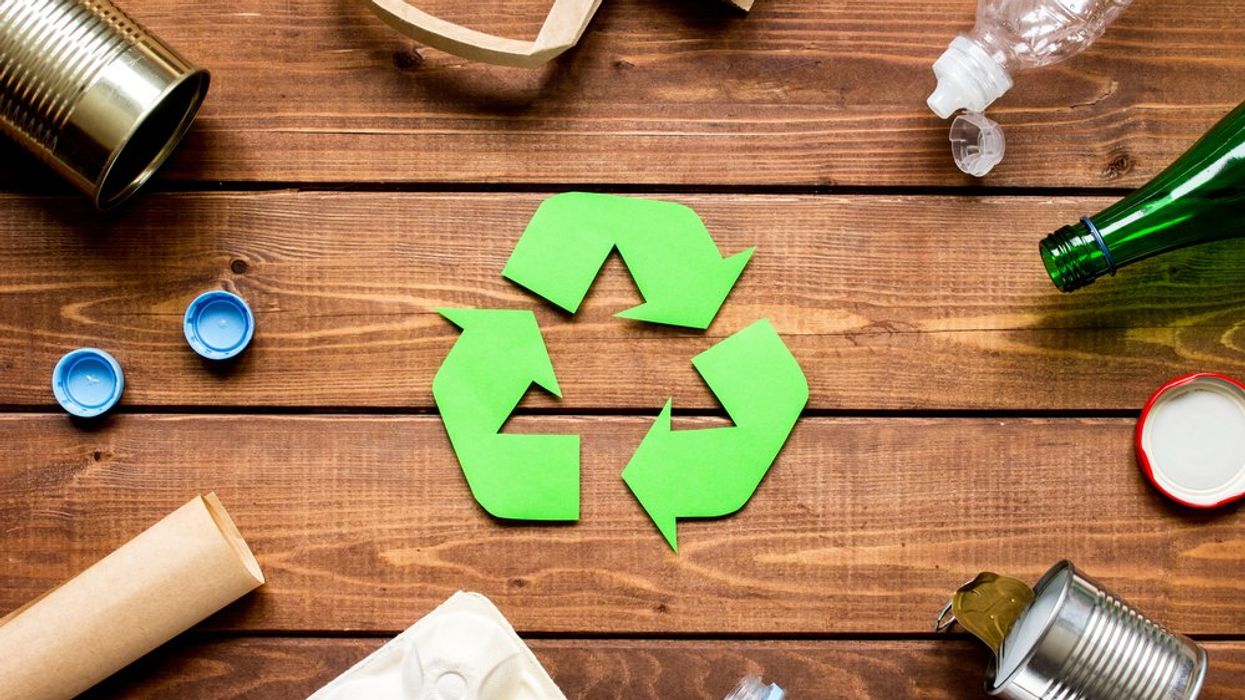The three "chasing arrows" have long been a symbol for recycling, but that could soon change as President Joe Biden's administration considers whether or not it is misleading.
First designed in 1970 by a college student in honor of Earth Day, the symbol is meant to indicate to consumers which products are recyclable. On products, the arrows are accompanied by a "resin number," which separates plastics into categories based on their recyclability.
Numbers one and two can typically be found on glass and plastic bottles, which can be recycled. However, numbers three through seven usually cannot be recycled at all. This includes plastic bags, trays, and any type of Styrofoam.
According to official comments from the US Environmental Protection Agency to the Federal Trade Commission, the resin numbers have created “consumer confusion about what is recyclable and/or compostable” and bolster “deceptive or misleading” claims about the environmental-friendliness of certain products.
The EPA, who said that it receives constant questions about the recyclability of products, is now urging the FTC to update its standards for what environmental claims companies can make about their products, and which can call themselves recyclable.
The EPA particularly focused in on plastics, noting that the current system “does not accurately represent recyclability as many plastics (especially 3-7) do not have end markets, and are not financially viable to recycle." The organization recommended that several categories of plastic be completely removed from the current categories.
The EPA also proposed that the "Green Guides" be updated to "restrict the use of the terms degradable, biodegradable, oxo-degradable, oxo-biodegradable, or photodegradable on any products which are customarily disposed of in landfills, incinerators, or recycling facilities."
Whereas claims such as “compostable” or “recyclable” can be substantiated, the EPA said "there is very little value associated with the use of the term 'degradable' in advertising claims."
"There should be a very high bar for all qualified and unqualified environmental claims included in the Green Guides," the EPA continues. "EPA strongly encourages the FTC to clarify that products and packaging may only be marketed as recyclable if they have a strong end market."



















































